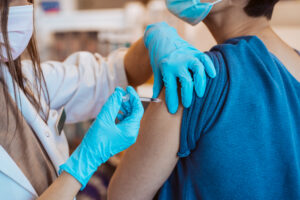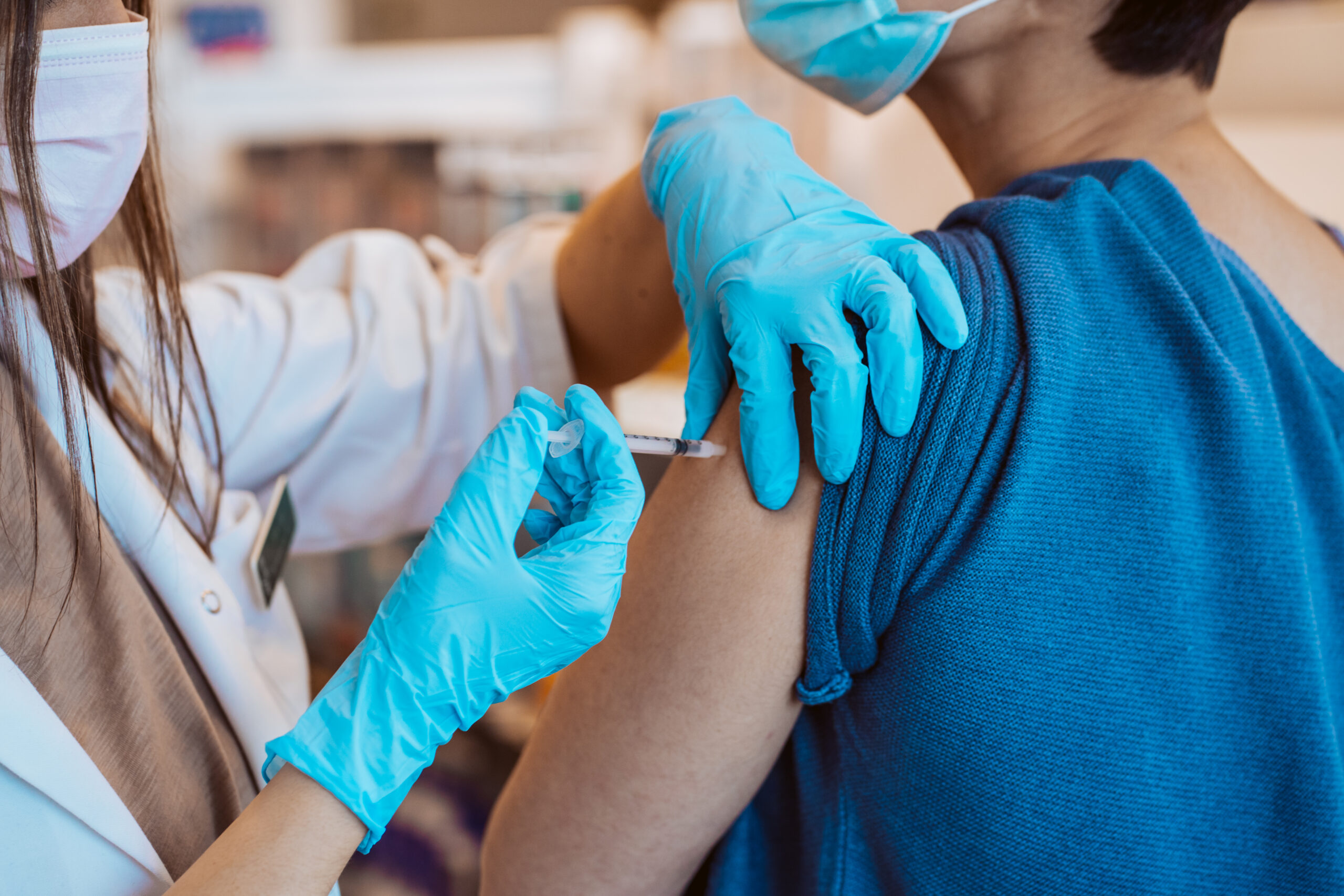Vaccination Campaigns Funded by Individual Donors
Vaccination is one of the areas of healthcare that has received private support. An overview of how the landscape has been transformed.

There are vulnerable regions around the world where health inequalities are deep and persistent, and vaccination campaigns remain one of the most costly interventions for saving lives.
Although governments and international agencies are generally at the forefront of these initiatives, in recent years a growing trend has emerged that is transforming how vaccination campaigns are funded: the involvement of individual donors.
This practice, considered a form of personalized philanthropy, has become a crucial tool, playing a fundamental role in closing vaccination gaps in underserved communities.
Vaccination: A Right Still Not Guaranteed
Despite scientific and logistical advances, vaccination is still not accessible to all, exposing the urgent need for solutions. The World Health Organization (WHO) has reported that at least 20 million children worldwide do not have access to the vaccines indicated as mandatory during childhood to protect against potentially fatal diseases.
The lack of infrastructure, armed conflicts, misinformation, and underfunded health systems are some of the reasons behind this growing situation, preventing the fulfillment of a basic human right.
For this reason, the participation of the private sector and civil society takes on great significance. While historically associated with large foundations such as the Bill and Melinda Gates Foundation, which has financed mass vaccination programs, today individual donors are also engaging with this issue.
A New Model of Agile, Decentralized Philanthropy
Specifically, in the last two decades a more agile and decentralized philanthropic trend has emerged, largely driven by technological innovations such as platforms that allow thousands of people to make direct contributions to specific campaigns—many of them focused on child health and vaccination.
Transparency and traceability of funds are among the requirements of donors, and this system makes them possible. Tools such as georeferencing, crowdfunding platforms, and mobile applications have become essential for campaign monitoring, data collection, and real-time accountability.
Malawi, Africa, offers an emblematic case. There, a network of private donors organized through the platform GiveDirectly financed a 2022 vaccination campaign against diseases such as measles and rubella. The effort immunized 150,000 children in rural communities.
The campaign not only achieved coverage rates above 95% but also strengthened the network of community health workers, leaving behind a model that remains active. A similar initiative took place in Haiti after the 2021 earthquake, where an alliance between small international donors and local NGOs enabled the implementation of a vaccination campaign against tetanus and diphtheria.
This action proved crucial in preventing outbreaks in temporary shelters and hard-to-reach areas, highlighting how the swift, targeted efforts of individual philanthropy can fill critical gaps in emergency contexts.
Beyond Healthcare: Social Impact of Individual Philanthropy
Philanthropy is understood as the voluntary and selfless donation of time, money, resources, or knowledge to improve the quality of life of others or contribute to the common good.
In addition to health benefits, individual donor involvement also demonstrates adaptability to local needs. Unlike large international programs, many of these initiatives are designed collaboratively with community leaders, ensuring greater acceptance, cultural relevance, and sustainability.
Furthermore, donor resources often finance components not covered by other cooperation schemes, such as awareness campaigns, training for health promoters, incentives for families who complete vaccination schedules, or transportation to isolated communities.
The experience shows that individual donors play a key role in providing solutions to democratize healthcare access. Beyond saving and improving lives through their contributions, they highlight social realities, foster shared responsibility, and strengthen community engagement.
Toward Broader Health Impact
Ensuring access to vaccination is not only a matter of justice and necessity but also one that impacts global health and can transform realities. The campaigns carried out by those who choose to engage demonstrate that small actions can generate large-scale impact when articulated with purpose, evidence, and collaboration.
The next step is to systematize these experiences, integrate them into broader public health policies, and continue fostering acts of solidarity.


